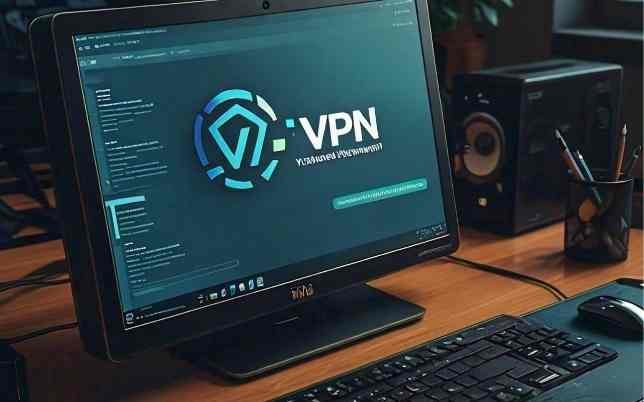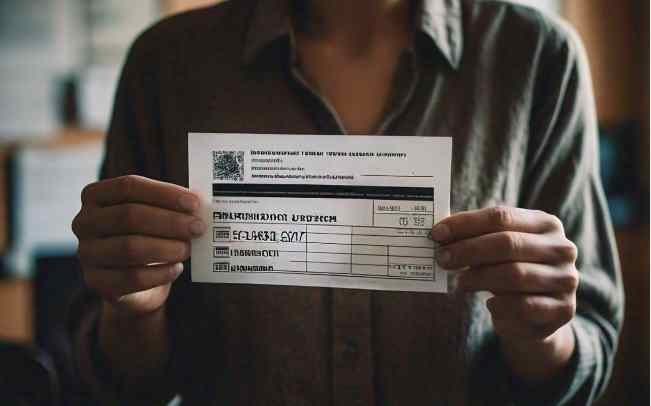Cricket Posts
Essential Tips for Protecting Your Identity and Personal Information While Online Gaming
As online gaming continues to surge in popularity, the need for robust security measures has never been more critical. With millions of players flocking to various gaming platforms, safeguarding your identity and personal information is paramount. The internet is a double-edged sword—it offers endless entertainment but also exposes users to potential security risks, especially when engaging in online gaming. Whether you are an experienced player or a novice entering the online gaming world, implementing effective security practices can make all the difference in ensuring a safe and enjoyable experience. In this blog, we will discuss essential tips for protecting your identity and personal information while online gaming. From using a quality VPN to shielding your personal details, these strategies will help you navigate the online gaming landscape with confidence and peace of mind.

1. Use a Quality VPN

One of the most effective ways to protect your identity and online activities while gaming is by using a Virtual Private Network (VPN). A VPN is a powerful tool that enhances your online security by rerouting your internet connection through a secure, encrypted server. This process masks your IP address and encrypts your data, making it nearly impossible for third parties, such as your internet service provider (ISP) or hackers, to monitor or access your online activities. The importance of using a VPN becomes even more pronounced when gaming in public places, where the use of public Wi-Fi networks is common. Public Wi-Fi is notorious for its lack of encryption, making it a prime target for cybercriminals seeking to intercept your data. By using a VPN, you can shield your online activities from prying eyes and significantly reduce the risk of data theft. When choosing a VPN, opt for a reputable provider that offers strong encryption, a no-logs policy, and high-speed servers to ensure a seamless gaming experience. Additionally, many VPNs offer features such as kill switches and split tunneling, which further enhance your security and privacy.
2. Protect Your Personal Information

As the number of online gaming sites and users continues to grow, so does the risk of identity theft and data breaches. Protecting your personal information is crucial to ensuring your safety while gaming online. Personal information includes any details that can be used to identify you, such as your name, address, phone number, email address, and even your financial information. When signing up for a new gaming account, it's advisable to use an alias or a username that does not reveal your real name. This simple step can prevent other players or malicious individuals from discovering your true identity. Additionally, avoid using your real photo as your profile picture. Instead, opt for an avatar or a generic image that does not disclose any personal details. It's also important to be cautious about the information you share on gaming platforms and social media. Avoid posting details about your location, daily routines, or any other information that could be exploited by those with ill intentions. Many gaming sites have chat features that allow players to communicate with one another. While this can enhance the gaming experience, it's essential to remember that not everyone you encounter online has good intentions. Be wary of sharing personal information in chat rooms or private messages.
